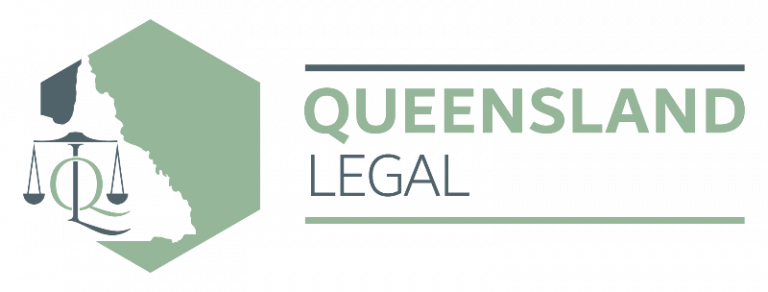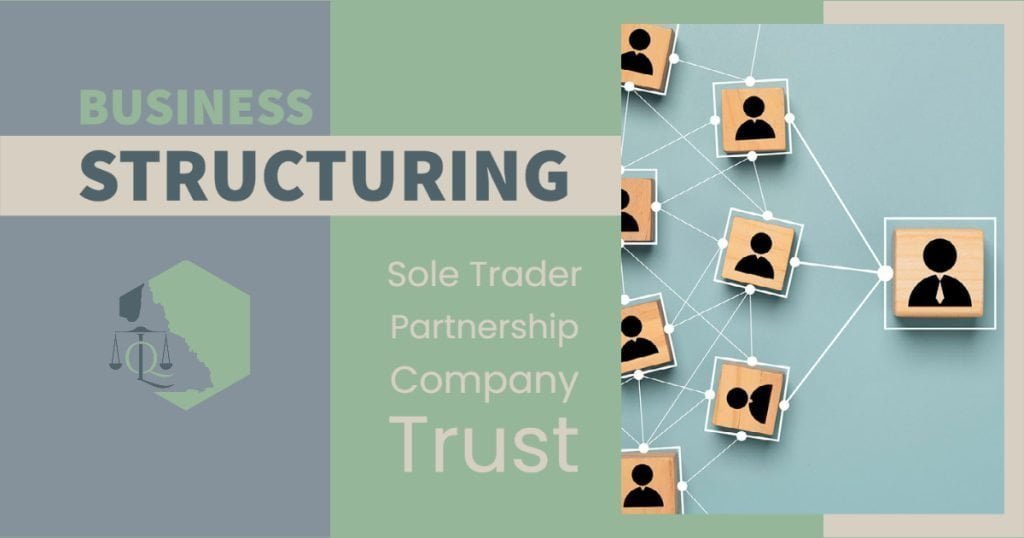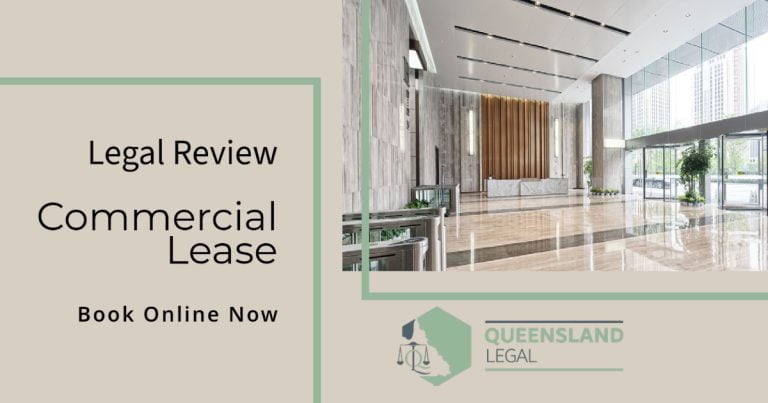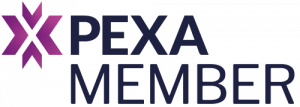The basics on how you can structure your business.
A company structure means that your business is a separate legal entity from you. This means the company has the same rights as a natural person and can have debt, sue and be sued. A company is owned by its shareholders and run by its directors.
A company structure has higher costs and is more difficult to set up. Running a company can also be more expensive, because you have to meet reporting and other requirements under Australian company law. This is why the structure is generally considered to be better suited to medium to large businesses.
The personal assets of directors and shareholders are separate from the company, so they can’t be used to pay company debts. In certain cases where directors breach their duties, they may be held personally responsible for company losses.
The income and losses that the business makes belongs to the company, and is reported on a company tax return. The company tax rate(opens in new window) applies to the business income.
Tax File Number (TFN): A company needs its own TFN. The good news is you don’t need to register. The ATO will automatically issue a company with a TFN (if one doesn’t already exist).
If the company employs staff, the company is responsible for giving them their minimum employee entitlements and conditions (such as superannuation and leave).
Companies must appoint a public officer and let the Australian Taxation Office (ATO) know. Public officers are responsible for making sure the company complies with tax law, keeping tax records and submitting company tax returns. The ATO needs to know their details so they can contact them about company tax matters.
Proprietary limited company
Companies can be proprietary (private) or public. Most companies in Australia are proprietary limited. A proprietary limited company generally isn’t allowed to raise money from the public by selling shares (like public companies can).
They must have:
- no more than 50 non-employee shareholders
- at least one shareholder (also known as a member)
- at least one director.
You can be both a shareholder and a director. You can also be the sole shareholder and director.
When companies are ‘limited’, the liability of shareholders is limited to any unpaid value (if any) on their shares.
This means that shareholders can only be responsible for company losses up to any amount unpaid on their shares.
- Cost – higher cost to set up and run
- Setting up process – more complicated
- Owner – company shareholders
- Responsibility for business decisions – the director(s)
- Responsibility for losses – generally, the company is responsible
- Report business income – on the company tax return
- Other income – if you’re a shareholder and/or director, you pay your individual tax rate on any share dividends and/or your earnings as a director
- Tax rate – the company pays tax on any profits at the company tax rate
- Risk of losing assets – if you’re a director, you can be personally liable in some cases for company debts
- Business Tax file number (TFN) needed – yes
- Additional administration – yes, registration with ASIC and reporting and lodgement requirements
- Additional reporting – yes, annual company tax return and other requirements
- Separate business bank account needed – yes
- Your superannuation – if you’re a director, the company is responsible for setting it up
Trusts are widely used for investment and business purposes.
A trustee is responsible for everything in the trust, including income and losses, and must report income in a trust income tax return.
A trustee can be an incorporated company or a person.
Profits from the trust go to beneficiaries.
Tax File Number (TFN): A trust needs its own TFN. The good news is you don’t need to register. The ATO will automatically issue a trust with a TFN (if one doesn’t already exist).
While in legal terms a trust is a relationship not a legal entity, trusts are treated as taxpayer entities for the purposes of tax administration.
The trustee is responsible for managing the trust’s tax affairs, including registering the trust in the tax system, lodging trust tax returns and paying some tax liabilities.
Beneficiaries (except some minors and non-residents) include their share of the trust’s net income as income in their own tax returns.
There are special rules for some types of trust including family trusts, deceased estates and super funds.
- Cost – higher cost to set up
- Setting up process – complicated
- Responsibility for business decisions – trustee
- Responsibility for debts – trustee
- Report business income – on trust income tax return
- The money you receive from the business – as a beneficiary, you then report as distributions on your individual tax return.
- If you’re the trustee and there is net trust income, you’re taxed at the highest marginal tax rate.
- Tax rate – depending on the trust deed, the trust may need to pay at the company tax rate. If all income is distributed to adult beneficiaries who are Australian residents, the trust doesn’t need to pay tax.
- Business Tax file number (TFN) needed – yes
- Additional administration – the trustee is responsible for following the deed and yearly administrative tasks.
- Additional reporting – yes, the trustee is responsible for annual company tax return and other requirements
Separate bank account – yes
If you’re a sole trader, you’re an individual and the sole owner of the business.
The income your business makes belongs to you. You report the income on your individual tax return and pay tax on your business income at your individual income tax rate(opens in new window).
You’re responsible for all decisions and losses in your business. This means you have complete control over your business, but it also means your personal assets are at risk if things go wrong.
If you employ staff, you’re responsible for giving them their minimum employee entitlements and conditions (such as superannuation and leave).
- Cost – cheapest structure to set up and run
- Setting up process – easy
- Owner – you
- Responsibility for business decisions – you
- Responsibility for losses – you
- Report business income – on your individual tax return
- Tax rate – you pay your individual tax rate on any business profit
- Risk of losing assets – yes
- Business tax file number (TFN) needed – no
- Additional administration – no
- Additional reporting – no
- Separate business bank account needed – no
- Your super – you’re not considered an employee, so you’re responsible for organising your own superannuation
This means all superannuation entities including:
- Self-Managed Super Fund (SMSF) – regulated by ATO
- Superannuation fund – regulated by APRA
- Non-regulated superannuation fund
- Pooled superannuation trust
- Approved deposit fund.
Using a superannuation structure means that a business or businesslike activity (such as charitable, leasing or one-off transactions) is held and controlled by an individual or corporate trustee for the benefit of others (the beneficiaries).
The trustee is responsible for the trust, including income and losses. They must report income in a trust income tax return.
Applying for an ABN does not set up a superannuation fund!
The super fund must already have a trust with an appointed trustee.
It’s best to see a qualified, licensed professional to help you understand what’s involved and the registrations you’ll need.
- Cost – higher cost to set up
- Setting up process – complicated
- Responsibility for business decisions – trustee
- Responsibility for debts – trustee
- Report business income – on trust income tax return
- The money you get from the business – as a beneficiary, you report any distributions on your individual tax return (if you’re the trustee and there is net trust income, you’re taxed at the highest marginal tax rate)
- Tax rate – depending on the trust deed, the trust may need to pay at the company tax rate. If all income is distributed to adult beneficiaries who are Australian residents, the trust doesn’t need to pay tax
- Business Tax file number (TFN) needed – yes
- Additional administration – the trustee is responsible for formal deed and yearly administrative tasks
- Additional reporting – yes, the trustee is responsible for annual company tax return and other requirements
- Separate bank account – yes
In a partnership structure, you and your business partners own the business together and share the income and losses of the business. A partnership can have two or more partners.
You’re in a family partnership structure if two or more of the partners are related.
Each partner reports their share of the income on their own individual tax return, and pays tax at their individual income tax rate. The partnership must lodge a partnership income tax return every year with the Australian Taxation Office (ATO).
Tax File Number (TFN): A partnership needs its own TFN. The good news is you don’t need to register. The ATO will automatically issue a partnership with a TFN (if one doesn’t already exist).
All partners share legal responsibility for the business. This means the personal assets of all partners are at risk if things go wrong. If some partners want to limit their responsibility for business losses, you might want to consider a limited partnership structure.
If your business employs staff, all partners are responsible for giving staff their minimum employee entitlements and conditions (such as superannuation and leave).
- Cost – low cost to set up and run
- Setting up process – relatively easy
- Owner – you and your partners
- Responsibility for business decisions – you and your partners share
- Responsibility for losses – you and your partners share
- Report business income – each partner reports their share in their individual tax return
- Tax rate – all partners pay their individual tax rate on their share of any business profit
- Risk of losing assets – yes
- Additional administration – if partners’ shares aren’t equal, a partnership agreement is required
- Business tax file number (TFN) needed – yes
- Additional reporting – yes, an annual partnership return must be lodged at the ATO under the business TFN
- Separate business bank account needed – yes
- Your superannuation – you’re not considered an employee, so you’re responsible for organising your own superannuation.
DISCLAIMER: The content on this page was written at a specific point in time in the past and is provided as general guidance only. It is not intended to be specific legal advice to any person’s particular circumstances who may be reading it. We do not recommend you use this article as a replacement for obtaining proper legal advice on your issue and encourage anyone reading this content to obtain legal advice to ensure the above information and guidance remains valid and suits your particular circumstance. In our experience, there is no ‘one size fits all’ to any legal issue!










